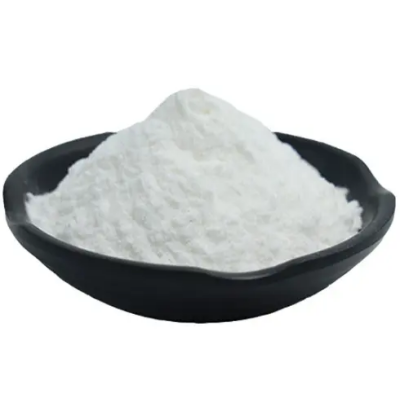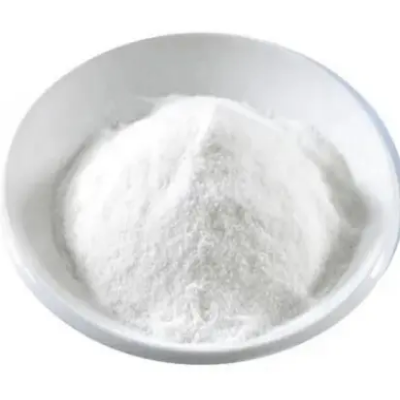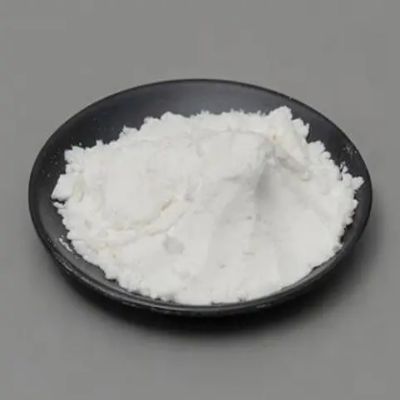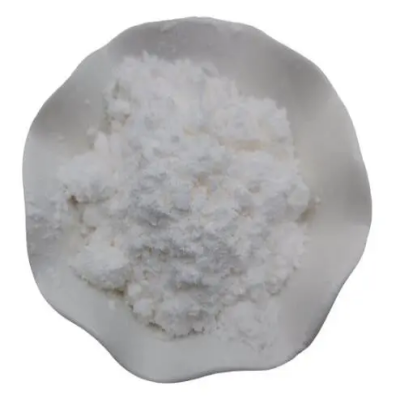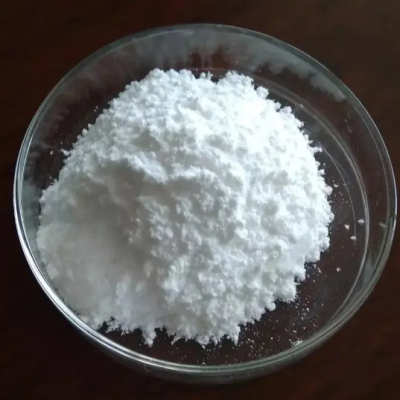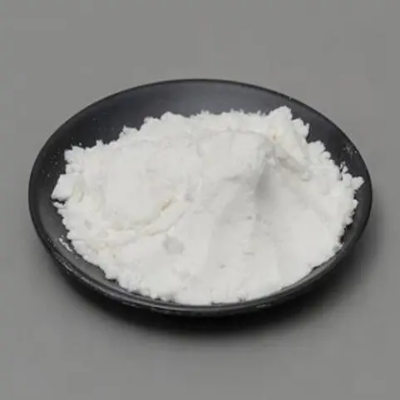2,2-Dimethyl-1,3-propanediol CAS:126-30-7
2,2-Dimethyl-1,3-propanediol (NPG) is employed across diverse industries owing to its exceptional chemical properties and versatility. Polyester Resins: NPG is a key component in the synthesis of polyester resins, particularly in the production of unsaturated polyester resins (UPR). These resins find extensive use in composite materials, such as fiberglass-reinforced plastics (FRP), automotive parts, marine applications, and construction materials. NPG contributes to the formation of crosslinked polymer networks, imparting high strength, chemical resistance, and weatherability to the final products. Polyurethanes: It serves as a polyol precursor in the manufacture of polyurethane foams, elastomers, and coatings. NPG-based polyurethanes exhibit enhanced flexibility, resilience, and resistance to hydrolysis, making them suitable for applications in furniture, automotive interiors, footwear, and sealants. Specialty Chemicals: NPG is utilized in the production of various specialty chemicals, including lubricants, plasticizers, and corrosion inhibitors. Its unique molecular structure provides opportunities for tailored chemical modifications, leading to the development of novel additives with specific performance attributes. Coatings and Adhesives: In the coatings industry, NPG contributes to the formulation of high-performance coatings, such as automotive finishes, coil coatings, and powder coatings. Its low viscosity and reactivity enable the synthesis of coatings with excellent flow and leveling properties, as well as resistance to yellowing and weathering. Additionally, NPG-based adhesives offer superior bonding strength and durability in applications ranging from construction to packaging. Personal Care Products: NPG is utilized in the production of personal care and cosmetic products, including hair styling gels, nail polishes, and skin creams. Its solubility in water and alcohol facilitates the formulation of stable emulsions and gels, while its non-toxic nature makes it suitable for use in consumer products. Solvents: NPG serves as a solvent in various industrial processes, such as resin dissolution, extraction, and cleaning applications. Its low volatility and high solvency make it an effective alternative to traditional solvents, particularly in environmentally sensitive applications. In summary, 2,2-Dimethyl-1,3-propanediol (NPG) plays a crucial role in multiple industries, contributing to the development of high-performance materials, coatings, adhesives, and specialty chemicals. Its unique combination of properties makes it a preferred choice for manufacturers seeking sustainable and innovative solutions to meet diverse market demands.
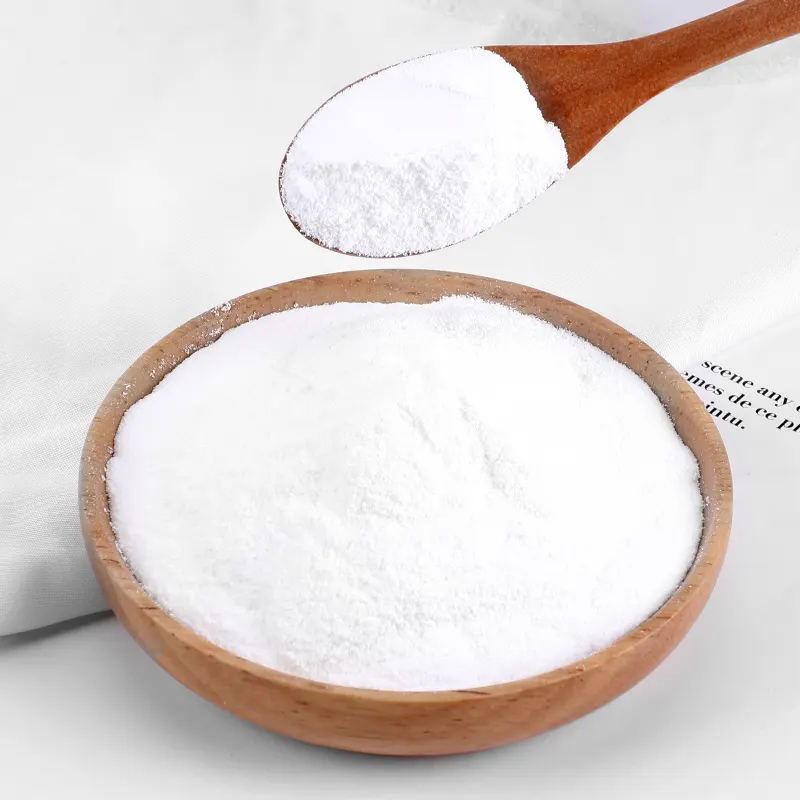
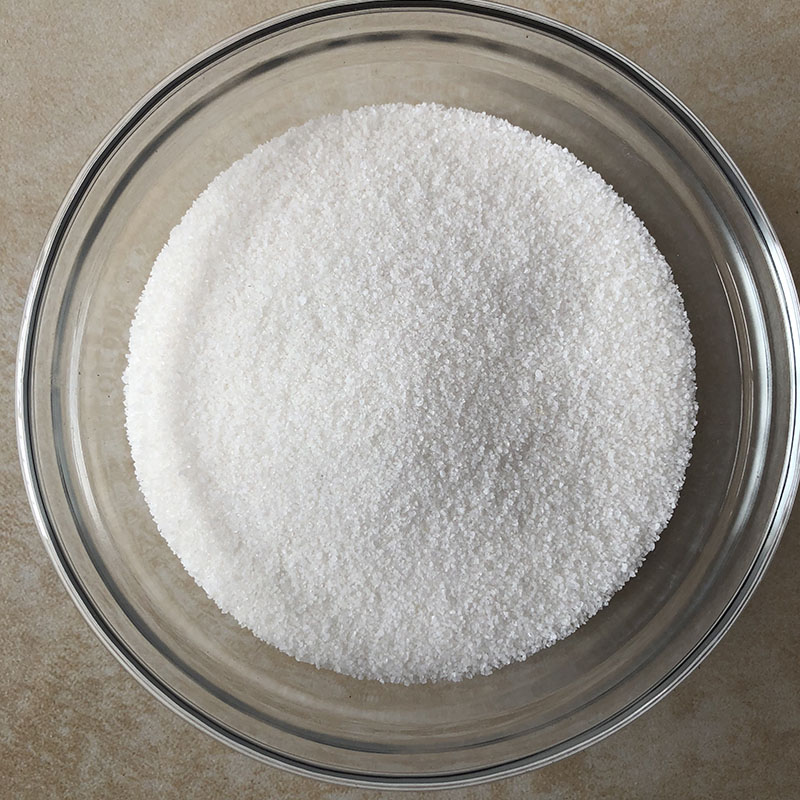
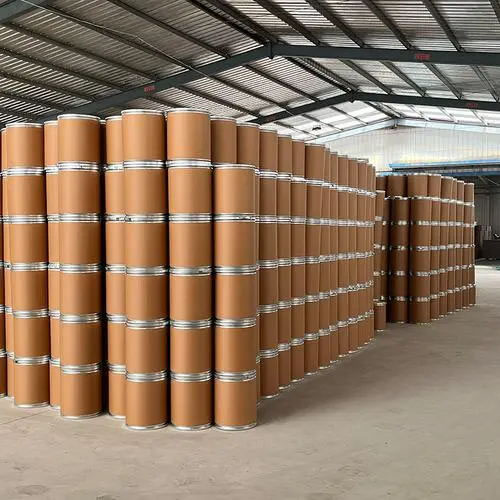
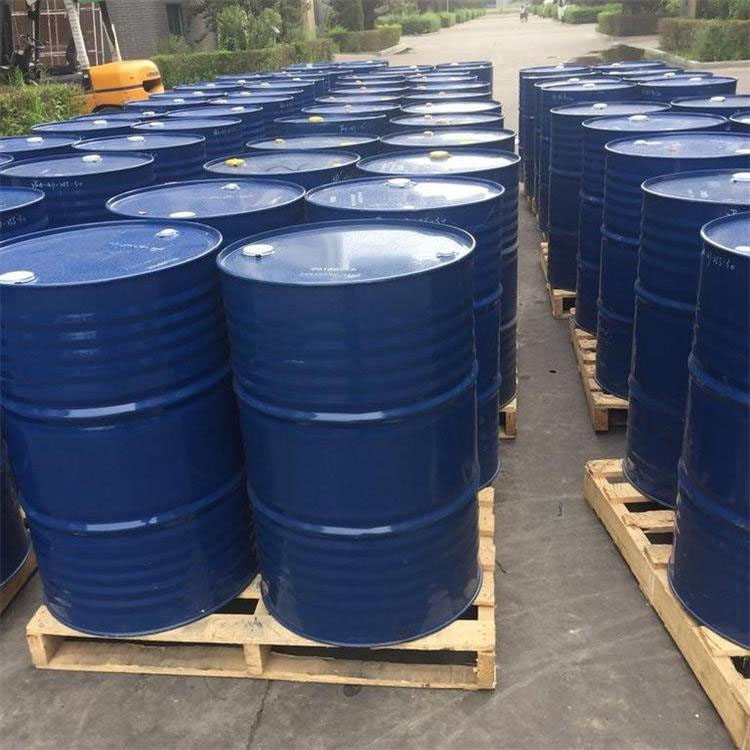
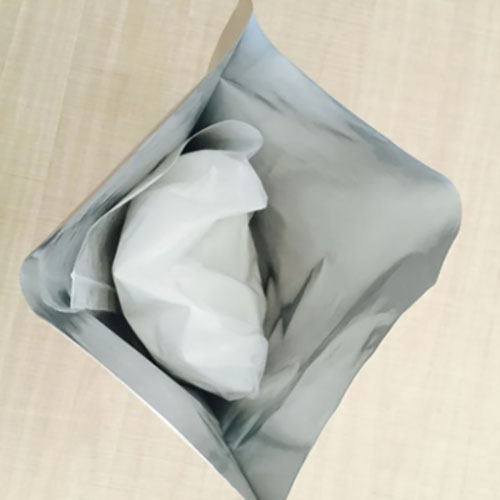

| Composition | C5H12O2 |
| Assay | 99% |
| Appearance | white powder |
| CAS No. | 126-30-7 |
| Packing | Small and bulk |
| Shelf Life | 2 years |
| Storage | Store in cool and dry area |
| Certification | ISO. |


